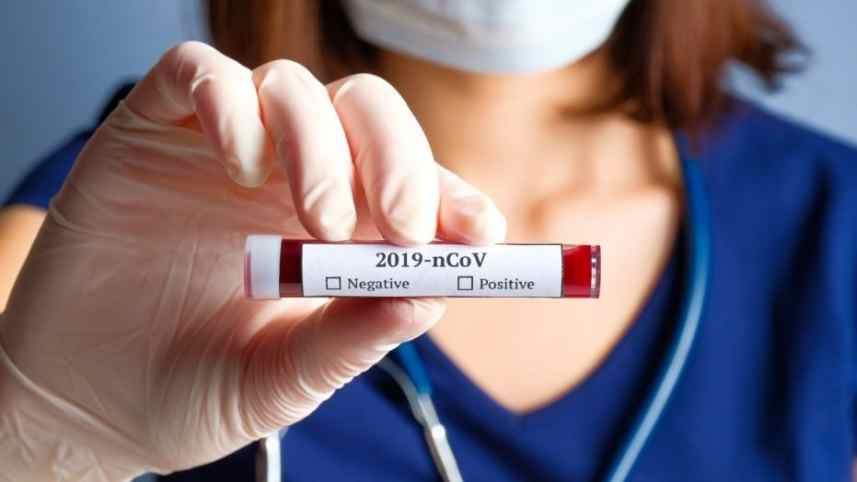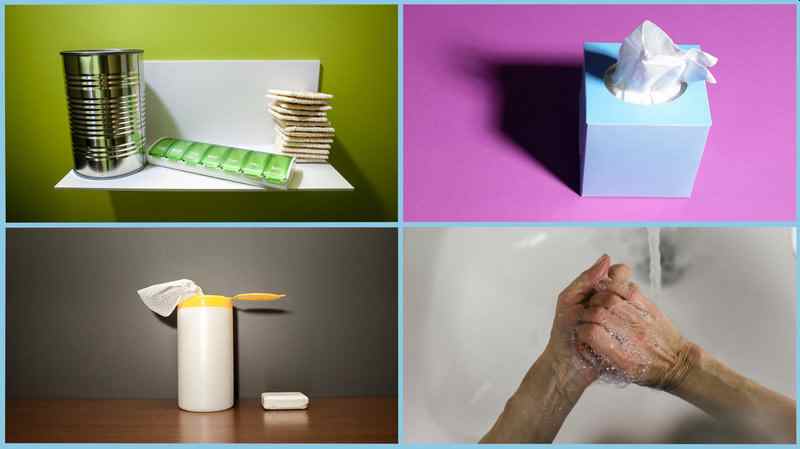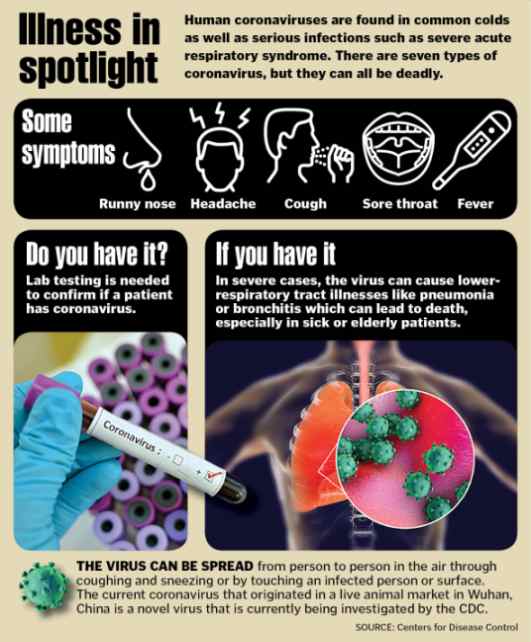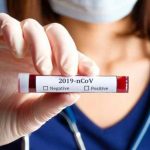How to prepare and protect yourself from coronavirus: Facts, symptoms, and prevention, according to experts

Coronavirus Updates:
-
There are now 85,733 of confirmed coronavirus cases of the virus worldwide and almost 3,000 deaths – the vast majority from mainland China, where the outbreak originated.
-
There is currently no vaccine to prevent coronavirus disease 2019 (COVID-19). Researchers and scientists are working around the clock to develop vaccine and find cure for the virus.
-
Fears of coronavirus outbreak are prompting passengers to rethink travel, with most airlines offering waivers for those with tickets affected regions.
-
Air travel is largely responsible for the spread of the disease to countries beyond its origin. Protective measures when flying can help keep passengers safe on board an aircraft.
We’ve been covering coronovirus for the past one month since the outbreak started in December of 2019 in Wuhan, China. There are now 85,733 of confirmed coronavirus cases of the virus worldwide and almost 3,000 deaths – the vast majority from mainland China, where the outbreak originated. Coronavirus is very contagious, but so far it’s not as deadly as other outbreaks.
There are only about 65 reported cases of the virus in the US. So far, researchers and scientists around the world are working around the clock to find cure for the novel coronavirus. Just two days ago, we covered a story when Israel scientists announced breakthrough in coronavirus treatment. According to the report, they are now 3 weeks away from coronavirus vaccine. In the meantime, how do you prepare and prevent yourself and loved from getting the virus? Below are the some of the information we found online.
Coronavirus Facts:
Information about the coronavirus outbreak is spreading fast, but what do we actually know about the illness? Below is a video overview of coronovirus COVID-19.
Symptoms
So, how would you know if you have infected with coronavirus? According to the CDC, the symptoms of COVID-19 may appear in as few as 2 days or as long as 14 days after exposure. This is based on what has been seen previously as the incubation period of MERS-CoV viruses. For confirmed coronavirus disease 2019 (COVID-19) cases, reported illnesses have ranged from mild symptoms to severe illness and death. Symptoms can include:
- Fever
- Cough
- Shortness of breath
Prevention
Since there is currently no vaccine to prevent virus, the best way to prevent illness is to avoid being exposed to this virus. To protect yourself and loved ones from the virus, medical experts and CDC recommend we follow flu prevention tips to fend off the virus. The top most important tip is hand washing. Why? Viruses can spread from person to person via respiratory droplets. When an infected person coughs or sneezes, close contacts can be infected. In addition, the virus can end up on doorknobs, elevator buttons and other surfaces. If you touch those surfaces and then touch your eyes, nose or mouth, you can become infected.
However, as a reminder, CDC always recommends everyday preventive actions to help prevent the spread of respiratory diseases, including:
- Avoid close contact with people who are sick.
- Avoid touching your eyes, nose, and mouth.
- Stay home when you are sick.
- Cover your cough or sneeze with a tissue, then throw the tissue in the trash.
- Clean and disinfect frequently touched objects and surfaces using a regular household cleaning spray or wipe.
- Follow CDC’s recommendations for using a facemask.
- CDC does not recommend that people who are well wear a facemask to protect themselves from respiratory diseases, including COVID-19.
- Facemasks should be used by people who show symptoms of COVID-19 to help prevent the spread of the disease to others. The use of facemasks is also crucial for health workers and people who are taking care of someone in close settings (at home or in a health care facility).
- Wash your hands often with soap and water for at least 20 seconds, especially after going to the bathroom; before eating; and after blowing your nose, coughing, or sneezing.
- If soap and water are not readily available, use an alcohol-based hand sanitizer with at least 60% alcohol. Always wash hands with soap and water if hands are visibly dirty.
These are everyday habits that can help prevent the spread of several viruses.

Guidance for travelers
- CDC recommends that travelers avoid all nonessential travel to the People’s Republic of China (this does not include Hong Kong, Macau, or the island of Taiwan).
- There is an ongoing outbreak of respiratory illness (COVID-19) caused by a novel (new) coronavirus that can be spread from person to person.
- Older adults and people with chronic medical conditions may be at increased risk for severe disease.
The CDC also recommends that travelers avoid all nonessential travel to China. This does not include Hong Kong, Macau, or the island of Taiwan. CDc has posted a level 1 travel notice for Hong Kong. The US Department of State has issued a level 4 travel advisory asking people not to travel to China due to the novel (new) coronavirus outbreak. There is limited access to adequate medical care in affected areas.
CDC recommends avoiding nonessential travel to China. If you must travel:
- Avoid contact with sick people.
- Avoid touching your eyes, nose, or mouth with unwashed hands.
- Discuss travel to China with your healthcare provider. Older adults and travelers with chronic medical conditions may be at risk for more severe disease.
- Clean your hands often by washing them with soap and water for at least 20 seconds or using an alcohol-based hand sanitizer that contains at least 60%-95% alcohol. Soap and water should be used if hands are visibly dirty.
- It is especially important to clean hands after going to the bathroom; before eating; and after coughing, sneezing or blowing your nose.
- Supplies of hand sanitizer, tissues, and other hygiene products may be limited, so consider bringing them with you.
- Pay attention to your health during travel and for 14 days after you leave.
If you spent time in China during the past 14 days and feel sick with fever or cough or have difficulty breathing:
- Take your temperature.
- Seek medical advice. Call ahead before you go to a doctor’s office or emergency room. Tell them about your recent travel and your symptoms.
- Avoid contact with others.
- Do not travel while sick.
- Cover your mouth and nose with a tissue or your sleeve (not your hands) when coughing or sneezing.
- Clean your hands often by washing them with soap and water for at least 20 seconds or using an alcohol-based hand sanitizer that contains at least 60%-95% alcohol immediately after coughing, sneezing or blowing your nose. Soap and water should be used if hands are visibly dirty.





